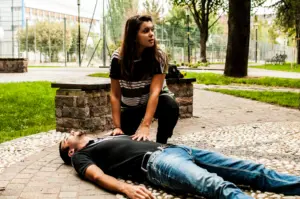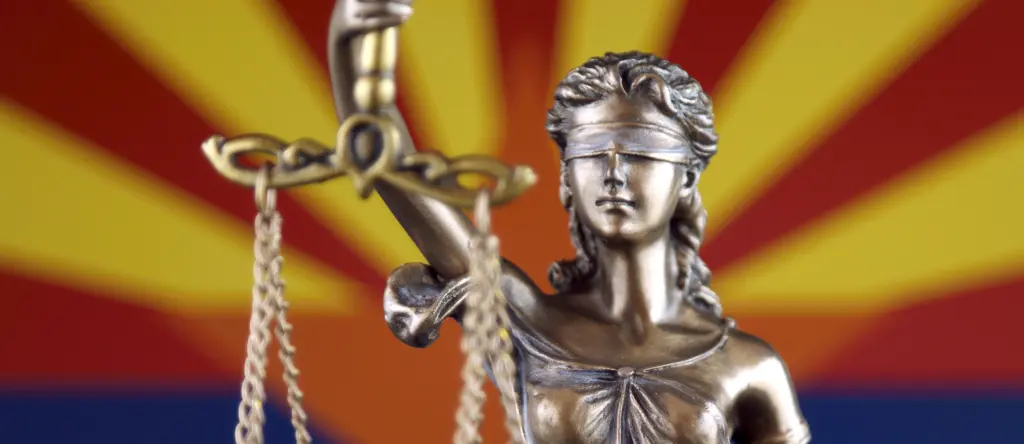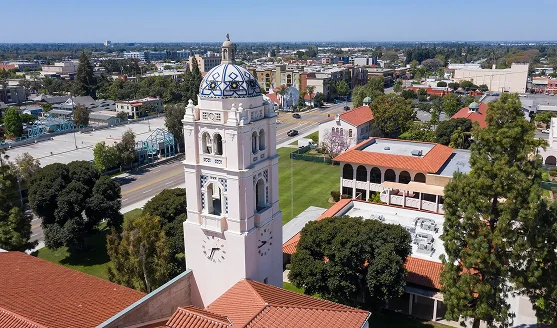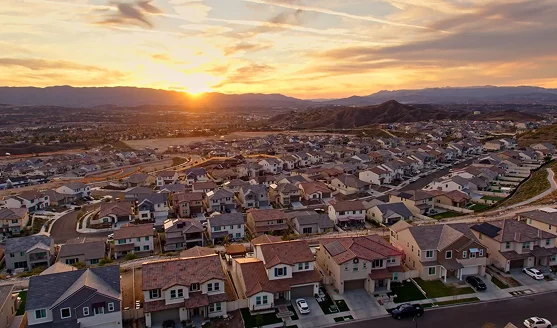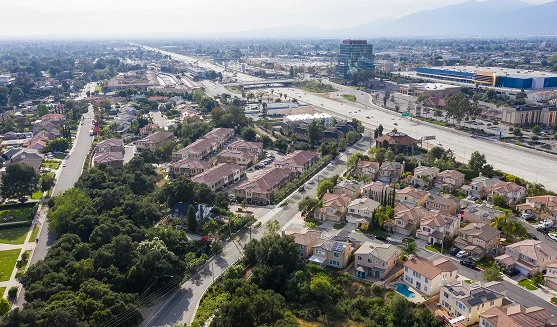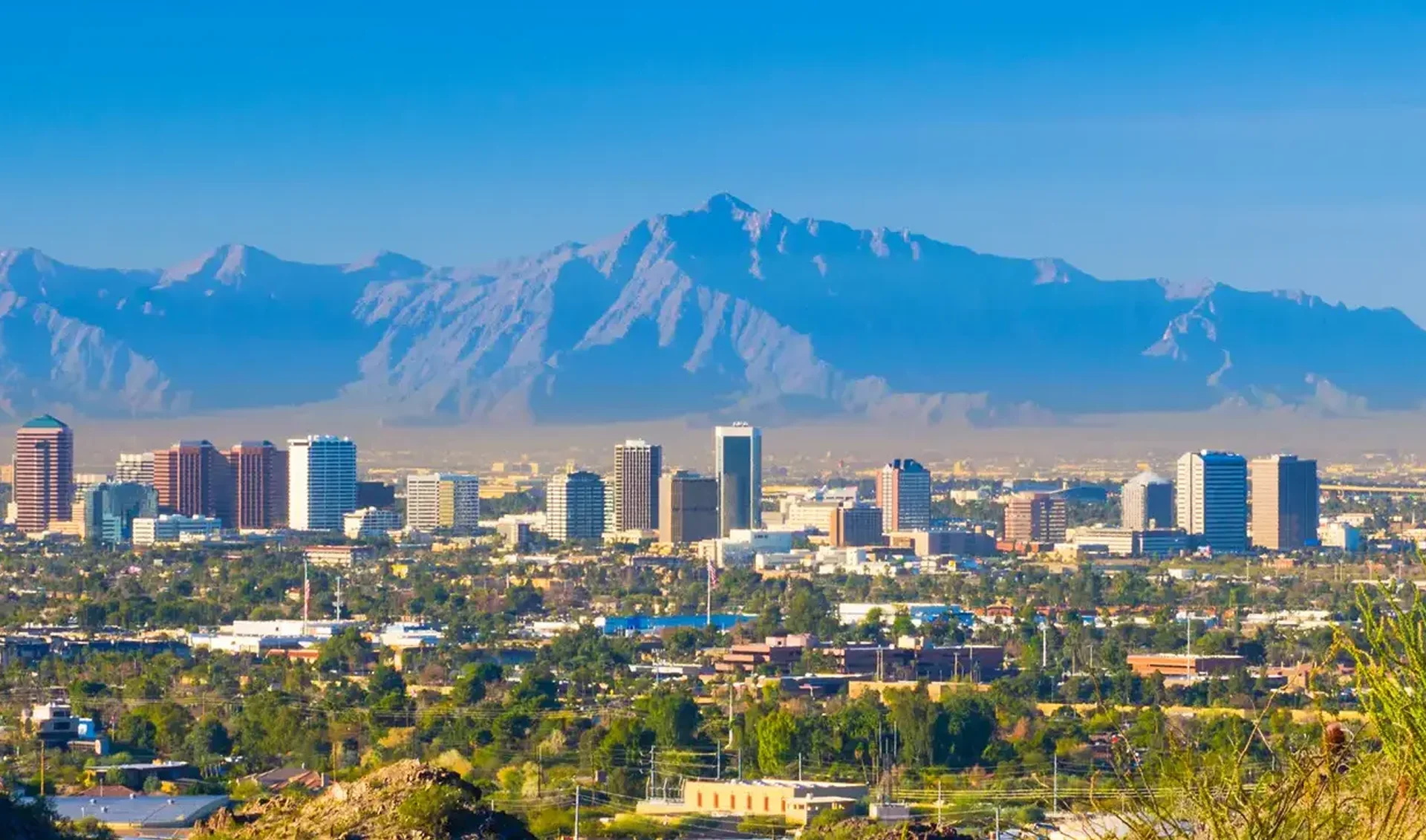In California, Good Samaritan laws are made to provide legal protection to people who voluntarily assist someone during an urgent or unexpected situation. These laws recognize that individuals who do not work in the medical field can make a significant difference while waiting for emergency personnel to arrive.
Since Good Samaritan laws vary state by state, California’s particularly aims to encourage bystanders to act without any fear of liability while awaiting for professional help. Understanding how these protections work will allow people to feel more confident with the idea of stepping in to assist someone, whether it is to provide first aid, help an overdose victim, or know when and how to call out for emergency services.
What Is the Purpose of the Good Samaritan Law?
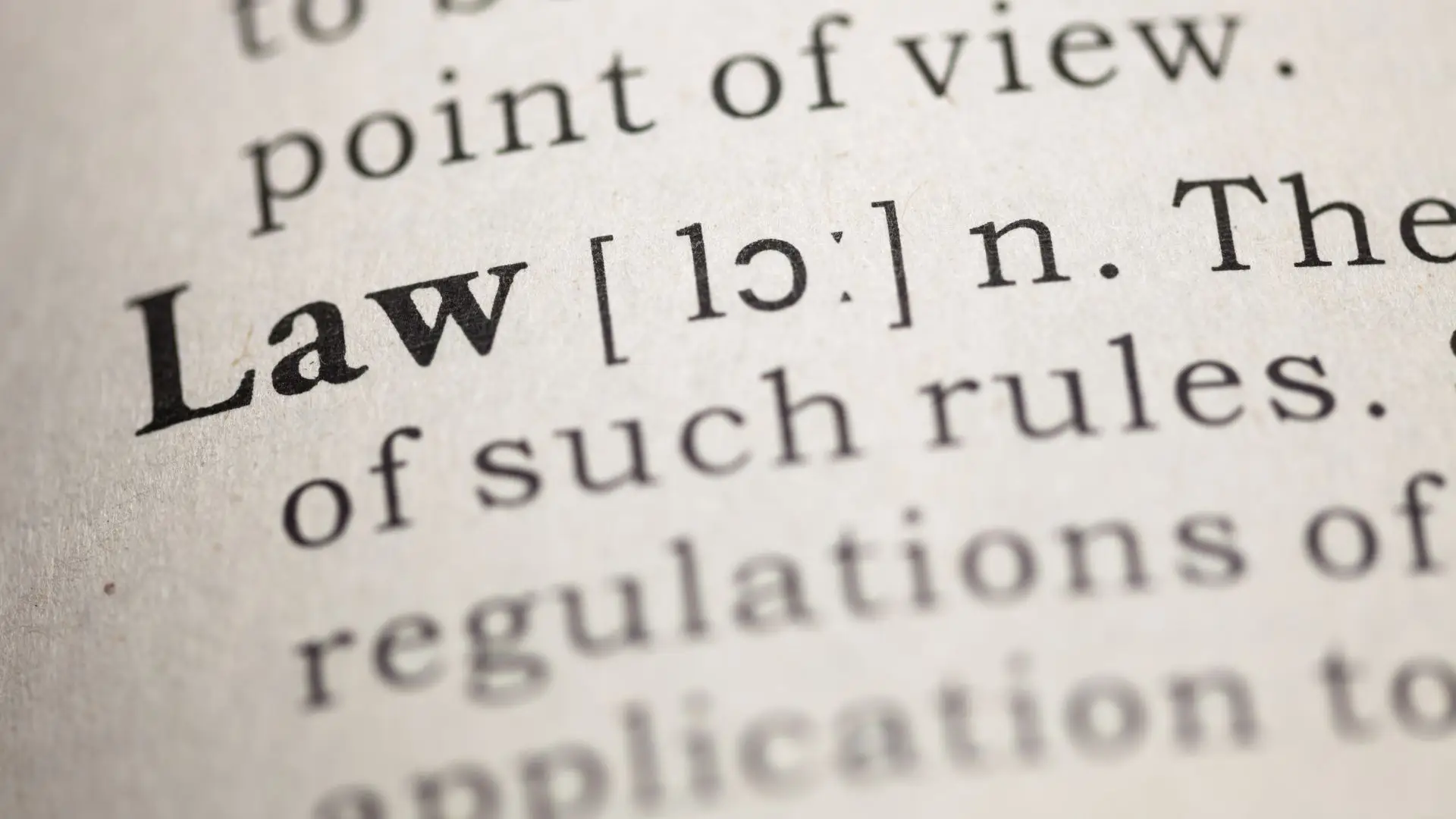
California’s Good Samaritan law provides protections for individuals who help others during emergencies. Under HSC § 1799.102, anyone who renders aid for emergency medical or nonmedical care at the scene will generally not be held liable for civil damages as long as it was done in good faith and with no expectation of receiving compensation. But, this will not extend to emergency departments or other areas where medical care is commonly provided.
The law also persuades people to help during emergency-related cases. If someone volunteers in good faith without pay, they are protected from civil liability unless they exhibited extreme recklessness or intentional harm. Like professional responders, this protection will not apply in hospital settings or where medical care is commonly provided, and it will not interfere with legal protections given to licensed medical professionals.
What Is Not Protected Under the Good Samaritan?
Good Samaritan laws do not provide unlimited protection, because in most states, you are not covered if your actions are not done with reasonable care or are reckless. For instance, such laws do not cover:
- Care provided with gross negligence or recklessness, like performing cardiopulmonary resuscitation (CPR) without training.
- Willful or wanton misconduct caused when trying to help.
- Cases where you are expecting compensation for the aid you provide.
- People who were already legally obligated to provide medical assistance.
What Are Some Examples of Good Samaritan Law in Action?
Examples of the Good Samaritan Law in action will typically involve emergency situations where a person will involve themselves in a situation without expecting compensation for their assistance. Below are a few scenarios:
- Car accident: A person witnesses a car crash on the freeway and pulls over to take the injured driver out of a vehicle surrounded with smoke to prevent additional harm. Even if the driver has sustained a broken rib during the rescue, the helper is usually protected.
- CPR in public: An off duty nurse is at a restaurant performing CPR on a patron who collapsed as a result of cardiac arrest. If further complications occur, the nurse may be shielded from liability under Good Samaritan protections.
- Choking victim: A shopper at a grocery store successfully performs the Heimlich maneuver on someone who is choking, successfully clearing the blockage. If that individual’s rib cracks during the process, the helper may still be covered.
- Drowning: Someone notices a child drowning in a pool and jumps in to get them out. They also deliver mouth-to-mouth resuscitation until emergency services arrive. Even if the child is undergoing complications, the rescuer may be protected.
Does the Good Samaritan Law Apply to Doctors and Nurses Off Duty?
The Good Samaritan law will apply to doctors and nurses when they are off duty and voluntarily assist someone in an emergency. If they offer assistance outside of their workplace without expecting payment for their services and in good faith, they may be covered. But, this may not apply if they acted with gross negligence or willful misconduct. In the course of duty, like working in a hospital, medical professionals will be required to provide a duty of care, so the Good Samaritan law will not apply in the same way.
What Are the Ethical Considerations of the Good Samaritan Law?
The Good Samaritan Law raises ethical considerations as it crosses with moral duty and legal protection. In terms of ethics, many people believe they should give out a helping hand to those who are going through distress, even if it is not required. The law supports this moral instinct by reducing the fear of liability, but it does not create an ethical obligation. People are given the choice to act.
When it comes to competence and responsibility, a helper should act within their knowledge and skill level. Trying to perform a procedure you have no training experience with can cause more harm than good regardless of whether you had good intentions to save lives. The law itself enforces reasonable action, not reckless intervention.
In addition, the person being helped should consent, but emergency situations could prevent this. Ethical dilemmas may arise when a person acts without consent, especially if this type of interaction results in an injury. Helpers must also balance their desire to assist without inflicting harm. Ethical Good Samaritan behavior means reducing risks while still providing aid. And lastly, the law protects those who act without the expectation of pay. Ethically, offering help for personal gain will go against the principle of the rule itself.
Simply put, the law pushes ethical behavior, meaning people can help others without causing harm and without seeking compensation, but it cannot entirely resolve moral dilemmas, such as competence, consent, or risk assessment.
Are You Legally Obligated to Save Someone’s Life?
In most cases, you are not legally obligated to save someone’s life if you are a bystander. The law does not require you to involve yourself, even if you know how to perform emergency medical care or basic first aid. The decision to offer assistance is voluntary. However, there are exceptions. If you are a first responder, like a police officer, firefighter, or a paramedic, you may be given the legal duty to act within the scope of your employment. In addition, if you are the reason for the danger that caused the emergency, you may be required to help.
For the general public, assisting an injured person is seen as a moral duty. So, if you voluntarily want to save lives, Good Samaritan protections will shield you from liability as long as you act reasonably and do not expect some sort of compensation out of the ordeal.
What Happens if I Accidentally Cause Harm while Helping?
If you accidentally cause harm while helping, the outcome will differ based on the factors involved and how the law applies. Under the Good Samaritan Law (California), most people that provide emergency care in good faith will be protected against legal consequences. However, there are limits.
If you are doing CPR or giving basic first aid, you will be shielded from civil liability if the injury occurs because of your assistance. But, if gross negligence or intentional harm is inflicted onto the affected victim, you may not be covered. Given the circumstances, you could face civil liability, like being sued for damages, or even criminal liability if your conduct is deemed reckless or intentional.
Can You Be Sued for Helping Someone in an Accident?
It is possible for you to get sued for helping someone in an accident. But, California’s Good Samaritan Laws exist to reduce such risks. You are protected from civil liability if harm occurs unintentionally while you are acting reasonably without gross negligence.
You could be met with civil or criminal liability in specific situations where your behavior is classified as reckless, intentional, or far exceeds the skill level you currently attain. First responders on duty may be given different rules as they already have a legal duty to act in these circumstances. Ultimately, the law is designed to influence bystanders to help injured civilians without fear or legal consequences attached.
Are There Limits to the Good Samaritan Law in California?
There are limits to the Good Samaritan law in California. The law will cover individuals who willingly offer emergency assistance in good faith, but this will not apply in cases where reckless behavior, gross negligence, or intentional harm are apparent. Protection will also apply to reasonable aid. It will not shield cases where an unqualified person performs advanced medical care. Furthermore, it does not establish a legal duty to act, you are protected only if you decide to lend out a helping hand.
Wondering About Your Legal Protections? Contact West Coast Trial Lawyers Today
Although California’s Good Samaritan laws provide legal protection for people who willfully assist victims in emergencies, there are limits and exceptions applied that can tamper with liability. If you are interested in understanding your rights or need legal insight on how to navigate civil or criminal concern, West Coast Trial Lawyers is here to help. Our team of excellent lawyers will support you every step of the way and ensure you fully understand the legal protections you have when responding to an emergency.
To book a FREE case evaluation, you can connect with us by calling (213) 927-3700 or completing our convenient online contact form.




